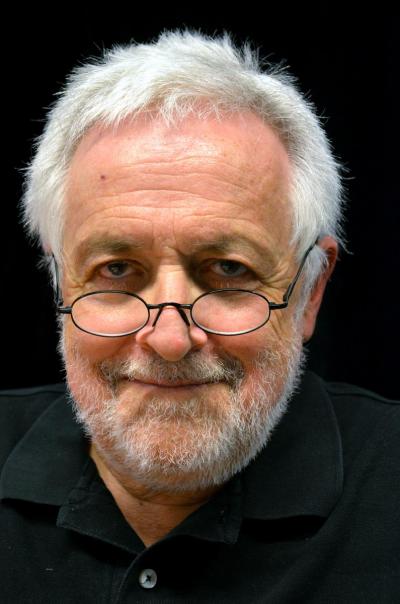“MRR”: His Life
Mediathek Sorted




Interview with Gerhard Gnauck on SWR (German)

Interview with Gerhard Gnauck in memory of Marcel Reich-Ranicki (German)








In memory of Marcel Reich-Ranicki on Radio ‘Trójka’ (Polish)




Marcel Reich-Ranicki - Radio play by "COSMO Radio po polsku" in English

Marcel Reich-Ranicki in an interview with Joanna Skibińska

Marcel Reich-Ranicki auf Polnisch! Interview mit Joanna Skibińska 2000




































The Reichs remained with the Gawins until autumn 1944 when the Red Army conquered the suburb. The Reichs no longer feared for their lives. Instead they wanted to be of use to the Polish state, even after it had disappeared once more from the face of the earth in 1939. They moved towards Lublin, where the new Communist dominated government was being put together. The new organs of security were also being trained there. The Reichs found employment at the “Department (later Ministry) of Public Security” (MBP). Marceli was initially a translator, primarily responsible for military censorship, i.e. censoring postal communication.
Nothing is known about the month in which the Reichs were living in Lublin. The first trace of their life was found at the start of February 1945 in the (surviving) files of the Ministry of Security. Marceli Reich was delegated to Upper Silesia as the chief of the Ministry’s “operation group” there. Here he said that his job was to organise censorship. But he was soon moved back to the capital, Warsaw. After some assiduous work in the MBP he was sent to Berlin on another sensitive mission at the start of 1946.
In his autobiography Marceli Reich only writes a single sentence on his work there. Otherwise he gives us many details about the theatre life in Berlin and his return to the city of his youth. Here two Polish files provide further help. At the time Reich had the rank of a lieutenant, and was officially employed at the Polish “Office for Restitution and War Reparations” (BRiOW). He covered the length and breadth of Berlin trying to track down the goods and industrial sites that had been robbed by the German occupying forces, before sending them back to Poland. His office was situated at 42 Schlüterstraße in Charlottenburg in a building belonging to the Polish military mission.
That said, documents in the files of the Ministry of Security - they are now managed by the IPN authorities – imply that Reich had another unofficial duty. An unnamed man in the Berlin office wrote reports – they were described as “characterisations”, tantamount to denunciations – about Reich’s closest colleagues. The codename “Platon” was written under every report (Polish: raport). Many details lead us suppose that the man who was spying on his colleagues was Marceli Reich. Many decades later Reich-Ranicki categorically refused to answer my spoken and written questions on the theme.[3]
The months in Berlin left deep marks on Reich’s memory. He bore witness to this in 1958 in his only piece of literature, a tale entitled “A Very Sentimental Story”. Here he describes how a young Polish lieutenant climbs into a large car in Berlin driven by a German chauffeur. He wants to go to the Deutsches Theater to see a performance of “Hamlet”. The story continues:
“After the performance he wants to be alone. The actors are playing a play that always arouses his emotions. It is the story of a young intellectual who has the bad luck to be living in a totalitarian state, and who rises up against all those around him and is ground down. It is an “exemplary police state – everyone is spied on by everyone.”[4]



























































































